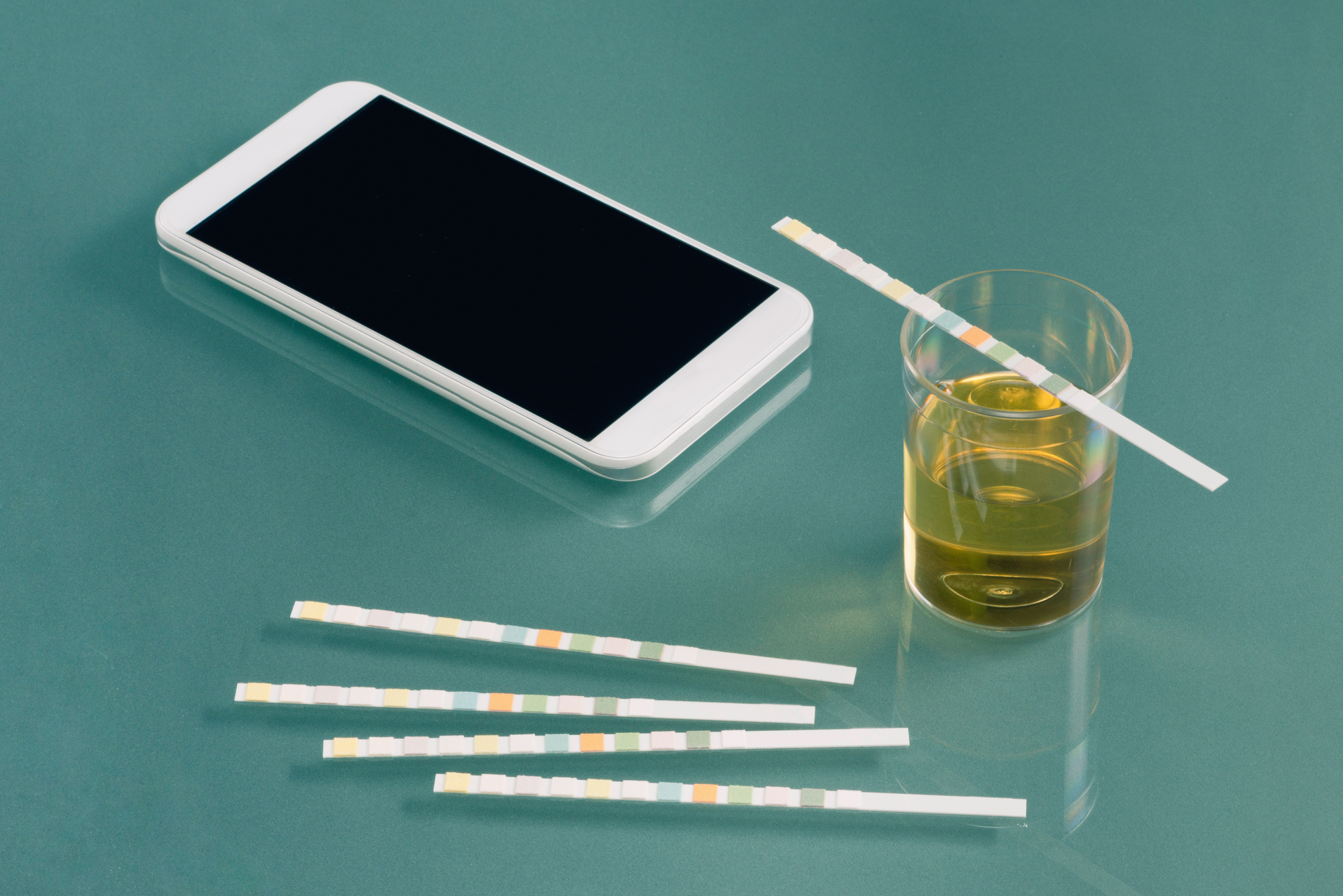Same Day Shipping. Quick Response. Call us at 800.232.2403.
Menu
Menu

The quality of at-home drug tests varies widely depending on the test. However, they are often fairly accurate in terms of detecting the presence of substances, although they typically do not offer an accurate assessment of how much of the substance is present. Usually, you will need to use a lab test to get finer details. Additionally, it is always important to keep in mind that no at-home drug test is 100% accurate.
There are many reasons someone may be required to or encouraged to take a drug test, such as pre-employment credentialing, pre-employment drug and alcohol screening, as part of the terms of probation, or to address personal concerns for friends and family. Because most drug tests are at least fairly accurate as it pertains to the detection of substances, employees and prospective employees should be advised that the best way to pass a drug test is to abstain from drug use.
Employees who are regularly using drugs can negatively impact business in many ways, from productivity loss to property damages to injury. As such, it is imperative that your company’s drug-testing methods are thorough and effective under these circumstances.
At-home or “instant” drug tests typically do not offer any information about the amount of substance present, and instead will simply give a positive or negative result. Because they are less accurate and precise than laboratory tests, they are not permissible for scenarios that involve compulsory drug testing, such as court-mandated tests.
However, although at-home testing options are not as effective as laboratory tests, they are much faster. You will typically only need to wait a few minutes to get results from an at-home test, as opposed to the standard one to five days for laboratory tests (depending on the type of test).
Factors that may interfere with the accuracy of a drug test include:
Most at-home drug tests use urine or saliva as the specimen. In the case of an oral drug test, you will simply need to rub the provided testing swab on the inside of your cheek, and then submerge the swab in the fluid provided. You will also need to carefully follow any additional instructions, such as agitation of the fluid and proper sealing methods. There should be a key that describes what various colors of the fluid indicate. You will compare the coloration of the fluid to that key to interpret the results.
For urine drug tests, you will need to fill the provided testing cup with an amount of urine that is in accordance with the instructions and the markings on the cup. You will then need to secure the cup and agitate the contents according to the instructions. This agitation will bring the urine into contact with test strips, which will change colors depending on the contents of the urine. Similar to an instant saliva drug test, there should be an attached color key that you can compare the test strip to, which will allow you to interpret the results.
As mentioned, the most common types of at-home drug tests are oral and urine. However, when choosing a drug test, you will need to make sure to review the “panels.” Most often, drug tests will be either five-panel or 10-panel tests, although this number may vary. A “panel” simply indicates how many substances are tested for, and these substances can also vary widely.
For example, while one five-panel test may screen for marijuana, opioids, amphetamines, cocaine, and steroids, another five-panel test may screen for barbiturates, PCP, benzodiazepines, methadone, and propoxyphene.
Meanwhile, the cost, accuracy, and overall quality of drug tests vary widely depending on the specific product. The best way to ensure that you are getting the best at-home testing kit possible is to investigate the seller, find reviews, and avoid unusually cheap options.
If a result is positive, the next step is typically to send the sample to a lab for confirmation testing and further review. The licensed physician who typically reviews such samples at the lab is called a medical review officer. This further review can ensure that the test isn’t a false positive and offer further information about the number of substances detected.
Again, it is important to keep in mind that no at-home drug test is 100% accurate, and the accuracy drops if the test is not conducted properly. Therefore, if a test is negative but you have reason to suspect that the testing materials were mishandled or that its results were a false negative, it may be a good idea to redo the test. It may even be helpful to try different kinds of tests to account for varying accuracy.
Because options for at-home drug testing vary widely, so do the costs of these tests. The typical cost for at-home drug testing kits can fall anywhere within a range of $5 to $250, depending on factors such as whether you choose a multipack, and what substances the kit tests for.